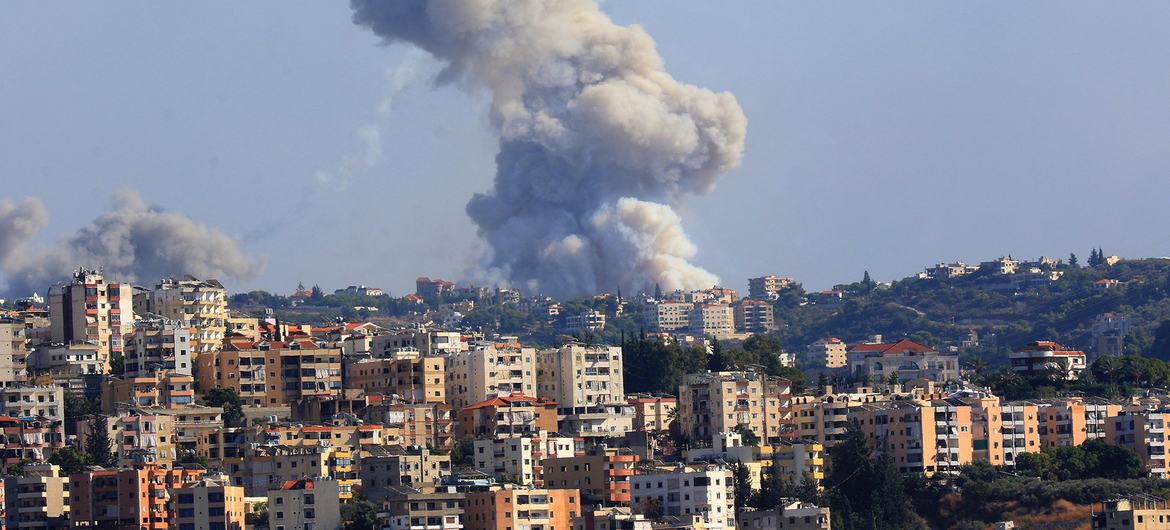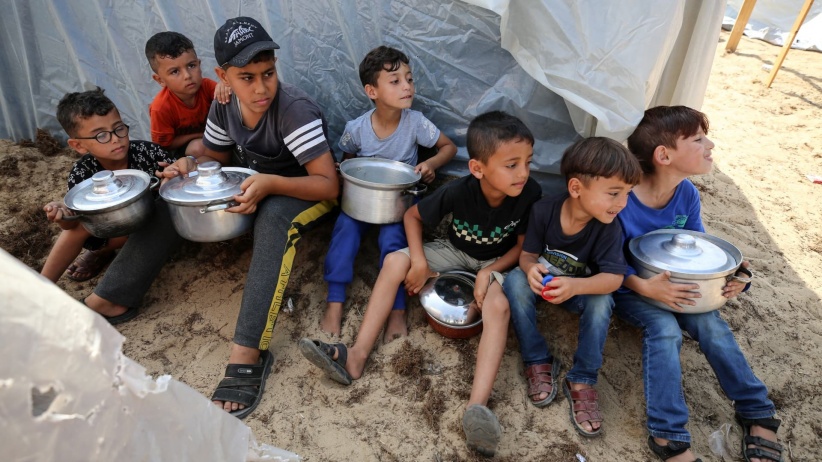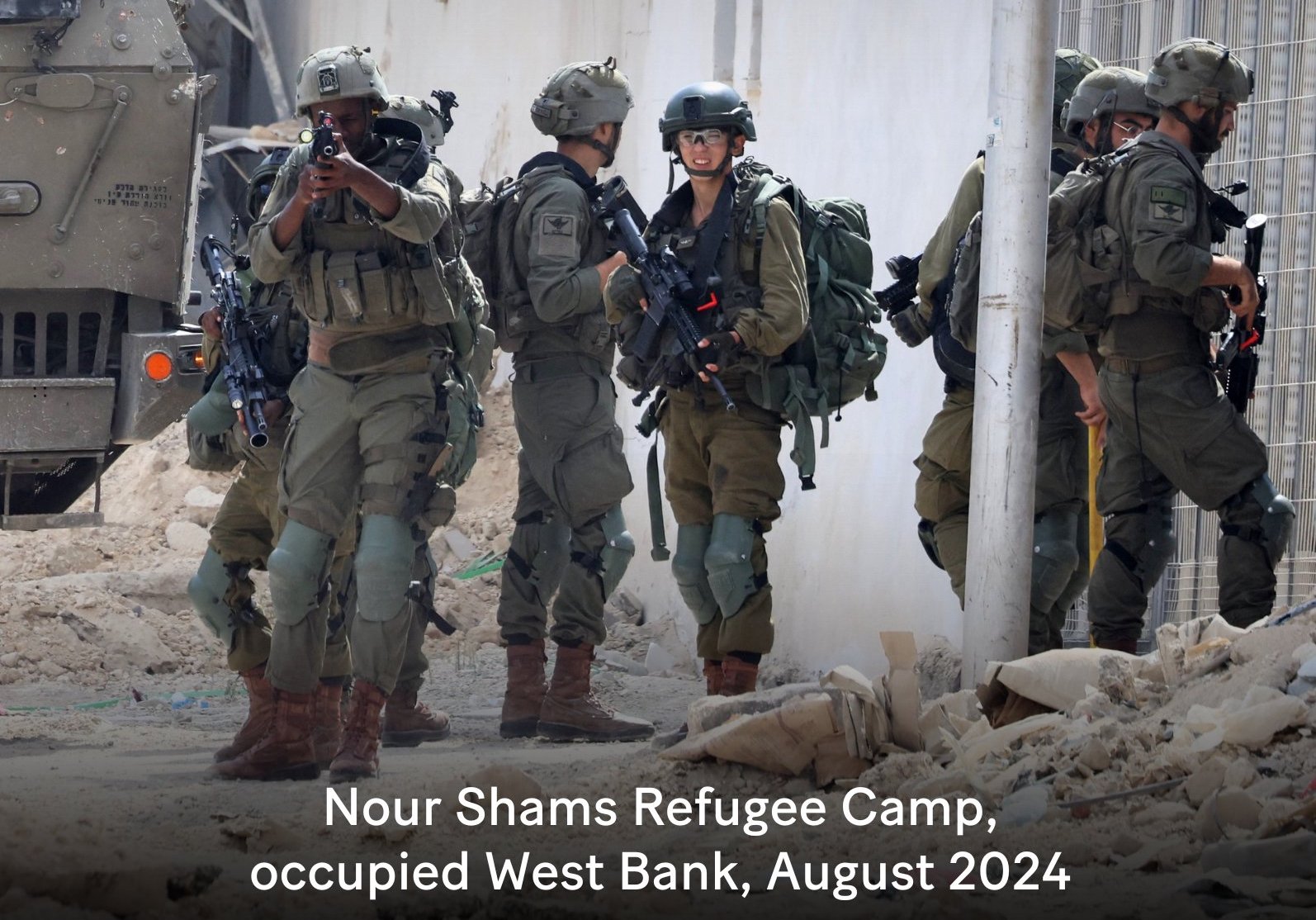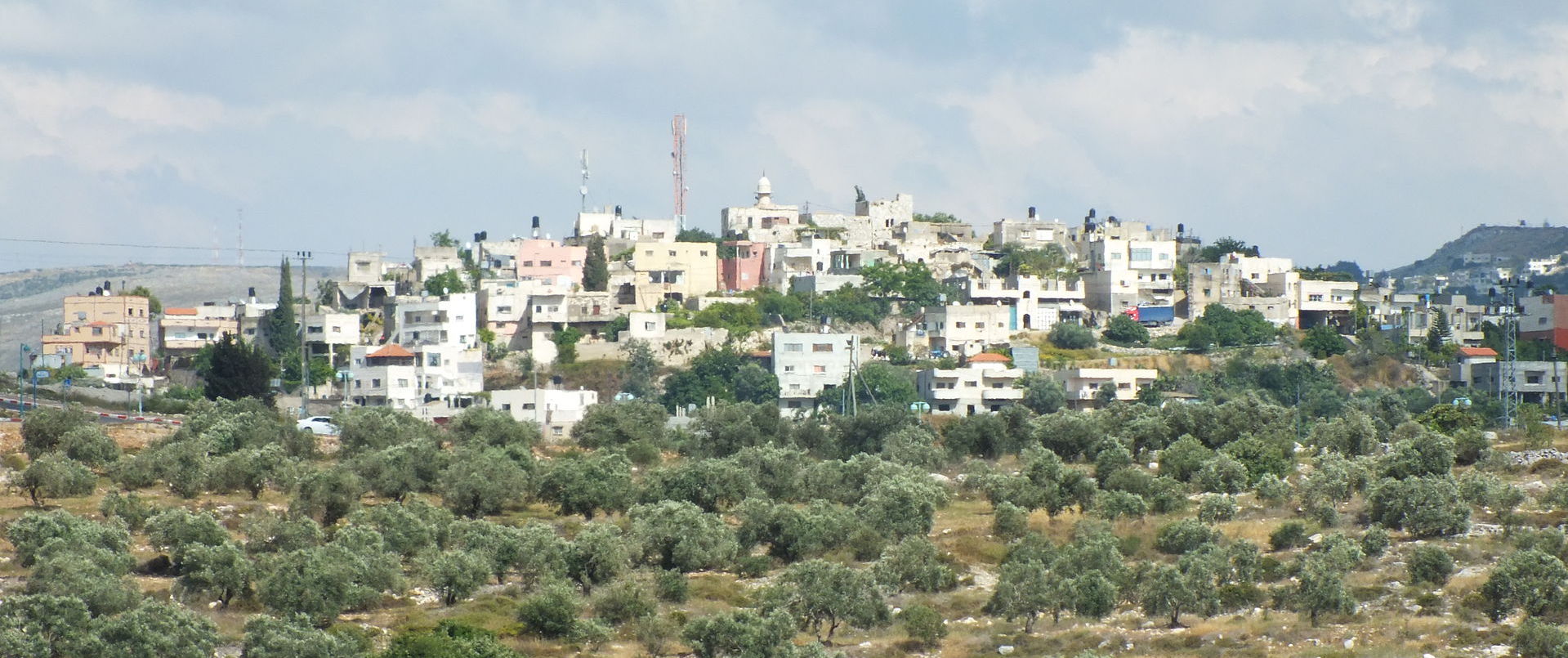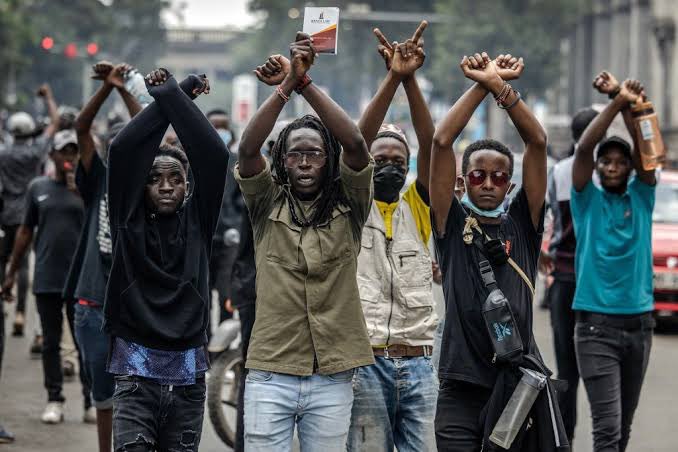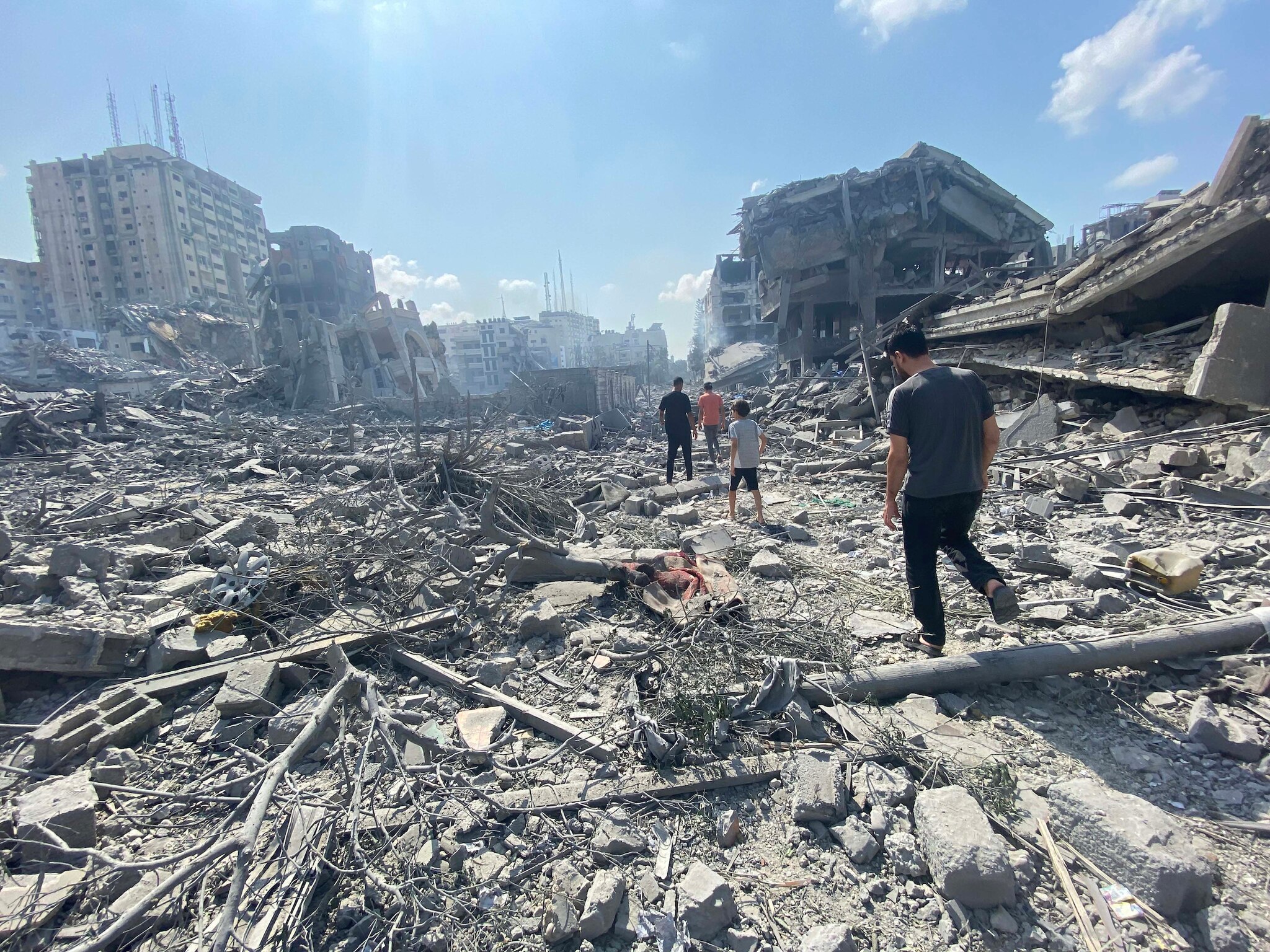
Ranting against the apocalypse II
With Lebanon under bombardment and the world awaiting Israel’s response to the Iranian missile attacks on its territory, fears mount that Iran’s nuclear facilities could be targeted—which, in addition to being an environmental disaster in its own right, could represent the crossing of a moral threshold toward the use of nuclear weapons. So two theaters of the world conflict—the Middle East and Ukraine—now constitute a looming nuclear threat. Meanwhile, the other horsemen of the apocalypse continue their relentless advance—climate change, cyber-based disinformation and the ultimate replacement of humanity by artificial intelligence. In Episode 246 of the CounterVortex podcast, Bill Weinberg looks for glimmers of hope in emerging signs of human resistance—such as the East Coast dockworkers’ strike, which is demanding a ban on all automation at the ports. Listen on SoundCloud or via Patreon. (Photo: CounterVortex)




